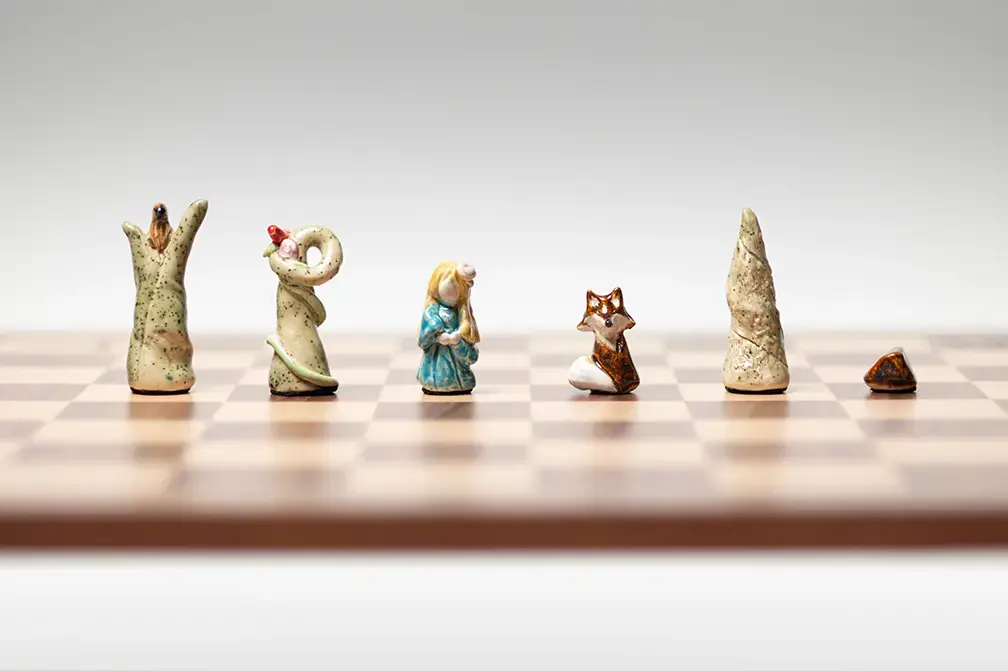News & Insights
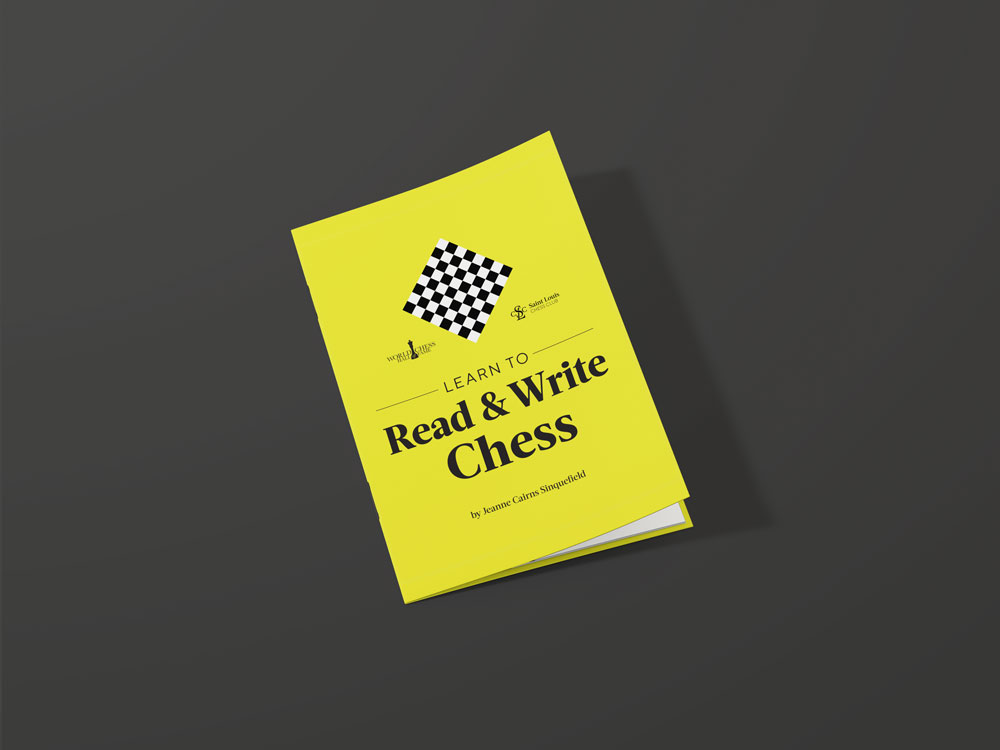
Insights
Learn to Read and Write Chess
April 8, 2025
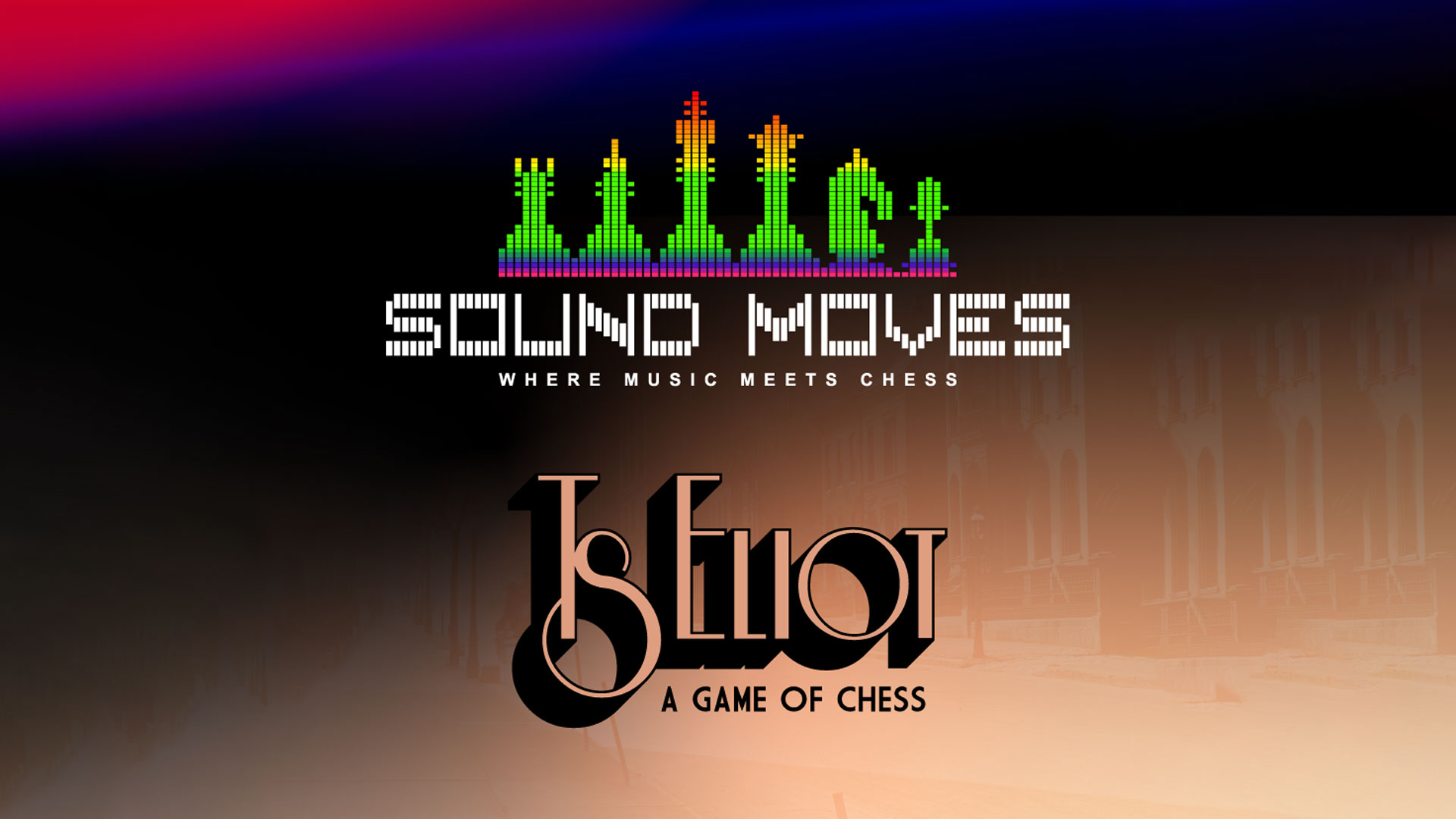
News
World Chess Hall of Fame to Premiere Two New Exhibitions Showcasing Chess’ Influence on Music and Literature
May 11, 2023
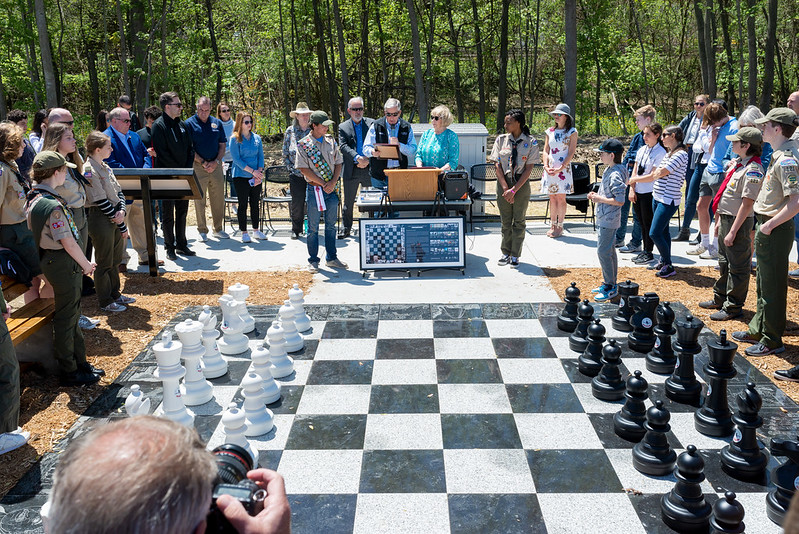
News
Missouri Bicentennial Chessboard
May 1, 2022

Insights
Keith Haring: Radiant Gambit Music Playlist
May 20, 2021

Insights
Keith Haring Reads
May 20, 2021

Insights
Keith Haring: Art and Chess for Everyone
May 20, 2021
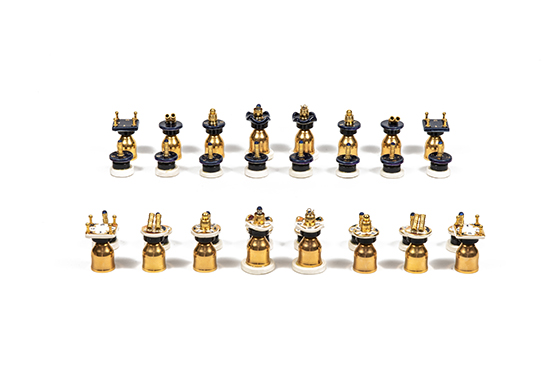
Insights
Featured Chess Set: December 2020
December 2, 2020
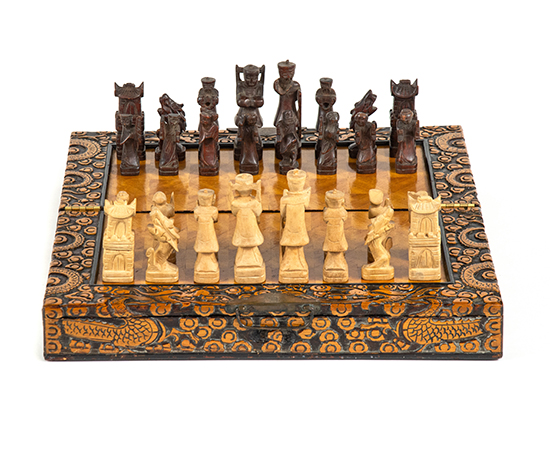
Insights
Featured Chess Set: November 2020
November 1, 2020
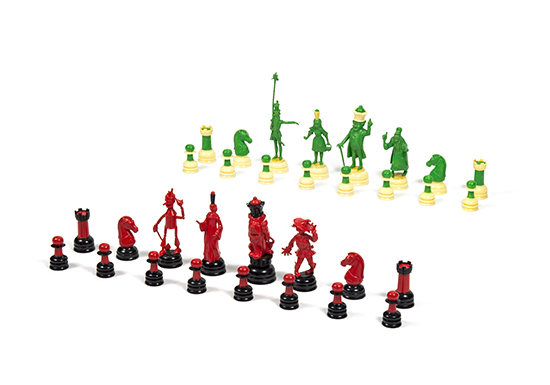
Insights
Featured Chess Set: October 2020
October 1, 2020

